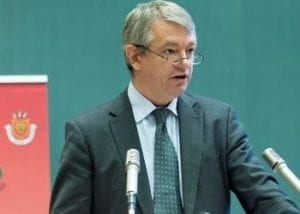The World Bank has pledged US$1.2 billion to support infrastructure development and improve the competitiveness of the East African Community (EAC) states.
The bank, through IFC and MIGA, will provide additional resources for regional infrastructure through market-driven private sector financing and guarantees. The financing will contribute to the EAC states’ planned investments in the next three to seven years. This support will add to the banks large ongoing individual country programs. “We are partnering with the EAC governments, other development partners and the private sector to invest in regional infrastructure and to help deepen policy integration and reduce barriers to trade in the EAC,” said Philippe Dongier, World Bank Country Director for Burundi, Tanzania and Uganda. “We are preparing investments to revive the region’s inland waterways on Lakes Victoria and Tanganyika, and to enhance the capacity and efficiency of the two main EAC ports on the Indian Ocean: Dar-es-Salaam in Tanzania, and Mombasa in Kenya.We will also invest in specific transport links to better connect landlocked countries (Burundi, Rwanda, Uganda and South Sudan) to the Northern and Central corridors, this way improving these countries’ access to the ports of Mombasa and Dar-es-Salaam.”
EAC Heads of State attended the retreat on Infrastructure Development and Finance in Nairobi and the focus was on policies and reforms necessary to strengthen regional integration through enhanced efficiency of infrastructure investment and financing. “Working with private sector partners, IFC is already investing more than US$1 billion annually in Sub-Saharan African infrastructure to spur economic growth and improve living standards,” said Oumar Seydi, IFC Director for Eastern and Southern Africa. “IFC intends to do more to support ports, power, rail, transport, and other key infrastructure projects in the East African Community in the years ahead.”







